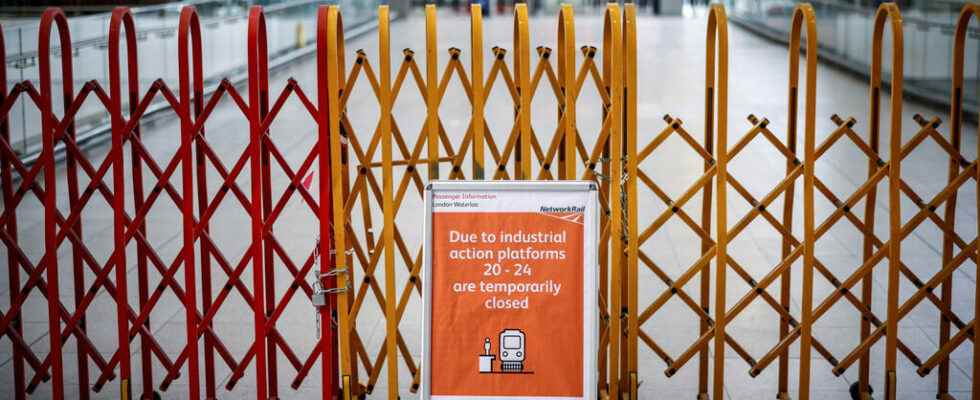Prices are rising in the UK, so is anger. While inflation reached 9.4% over one year in June, a record for 40 years, more and more employees are demanding wage increases. Wage increases in the public and private sectors are mostly considered insufficient by the unions. Result: calls for a strike are increasing.
The UK is set to face a wave of strikes across many sectors this summer.
In transport, supply staff at Heathrow airport, the busiest in the country, is on strike until Sunday. On the rails, the railway workers have planned new walkouts in August, after their historic strike at the end of June. The port of Liverpool dockers could do the same depending on the outcome of the current consultation which is due to end on August 15th.
The list is growing every day. A massive strike is expected at the end of July at the British telecom operator BT. At the end of August, it will be the turn of the Royal Mail postal workers.
The public service is not spared, since the nurses, the doctors and the teachers announced Tuesday July 19 of the next strikes. The government’s announcement of wage increases of between 4.5% and 9.3% did not satisfy the unions.
The British are demanding wage increases in line with inflation. A rise in the cost of living which should not improve, according to the Bank of England, which forecasts inflation of 11% by the end of the year.
►Read also : UK : final duel between Rishi Sunak and Liz Truss for the succession of Boris Johnson
